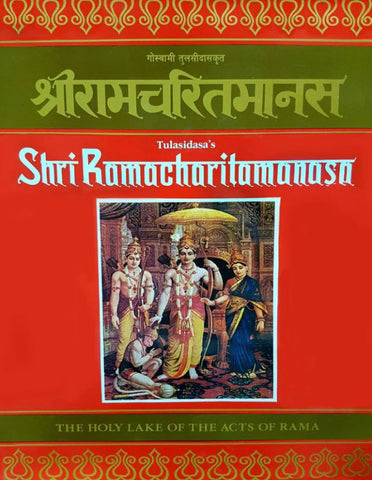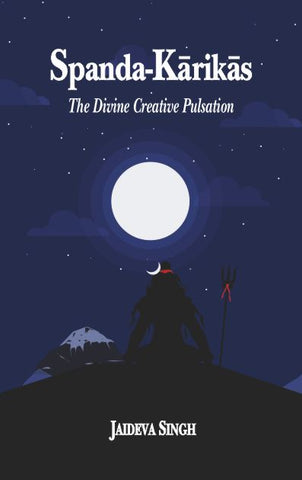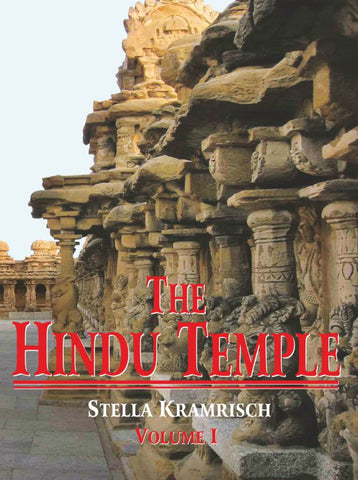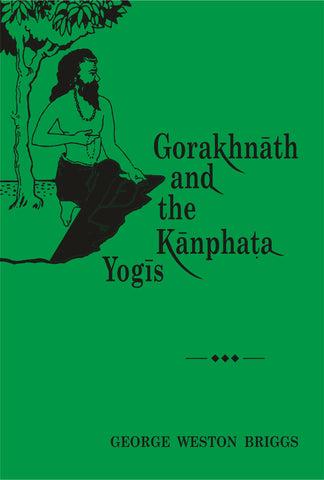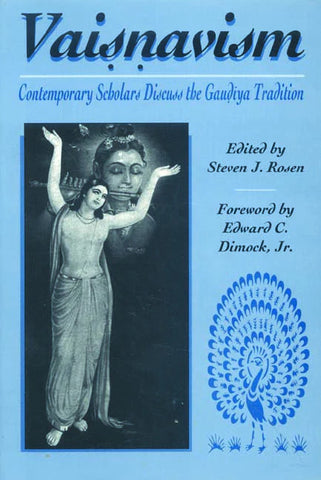Your cart is empty now.
Ever since the dawn of Hindu civilisation and culture the Hindu mind has been busy in making assiduous efforts to find various means for the obtainment of Sreyah and Preyah-v-spiritual greatness and worldly prosperity. The former, it has come to the conclusion, is not achievable unless unification is reached with the highest Reality as forming the causeless cause of the universe. For this, the approach is advised of the two possible aspects of the highest Reality-un-qualified and qualified. The unqualified is difficult access to the man as is declared in the Bhagavadgita. The qualified has reference either to the male conception or the female. It is therefore that the highest Reality is described in the sacred texts whether Agamas or Tantras as a personal God or Goddess always engaged in creating, sustaining and dissolving the world, both admitting their affiliation more or less with the Vedas.
Agamas refer to the highest Reality through the male aspect calling it by Siva and the Tantras through both, male and female. Those of the latter which stress the importance of the female aspect are designated by the term Sakta Tantras. From their standpoint, the highest Reality is known by the name of Mahatripurasundari. She is recognised and contemplated upon as constituting the quintessence of the female Trinity corresponding to that of Brahma, Visnu and Rudra, i.e., the male Trinity. In this way, the female Trinity is known popularly by Mahasarasvati, Mahalaksmi and Mahakali.
Worship of these two aspects seems to have been simultaneously going on from the earliest times. The episode of the appearance of Uma to Indra and other Vedic Gods, appearing as it does in the Kenopanisad, supports this view. The first founder of the Recognitive School Sornananda of the ninth century A.D. tells in clear terms that the highest Reality was being worshipped also through the female aspect in his own work Sivadrsti.
The name Mahatripurasundari given above conveys the idea that the Goddess is so called not only because she is the beauty of the three worlds but also because She is the mistress of the three spheres of Brahma, Visnu and Rudra.
Like the Saivas, the Sakras also believe in the existence of the five Schools respectively called Eastern, Southern, Western, Northern and Upper. The deities associated with them are Unmani, Bhogim, Kubjika, Kalika, and Mahatripurasundan.
Texts composed in glorification of Mahatripurasundarr especially those describing the way to her worship etc, are known chiefly under the two divisions, Madhurnaurnata and Malinirnata. The Madhumattrnata goes also by the name of Kadimata the other by Kalimata. Tantraraja, Matrkarnava, Tripurarnava and Yoginthrdaya come- under the first division and the rest under the second.
The work that is being presented in the following pages is a collection of the texts such as directly or indirectly deal with the worship of Mahatripurasundarl. These have been called by Sri Vidyaranya from the Tantras of the Madhumati and the Malini Schools knowledge of which is equally essential for entitling the votary to the worship of Mahatripurasundari.
The collection above referred to bears the name of Srividyarnva which in itself is subject to twofold interpretation. It may mean the Ocean either of Srividya or Srividyas. Vidya is meant a mnemonic formula peculiar to a Goddess. The work in question deals with the mnemonic formulas of Mahatripurasundari in particular and with those of the other Goddesses in general. The reader should in this connection note that there is a difference in meaning between the two words Mantra and Vidya though referring equally to mnemonic formulas. The first means the set of mnemonic formulas which is peculiar to Gods and the second that which is peculiar to Goddesses.
Srividyarnava is called so in imitation of the Matrkarnava an authoritative text for the Madhumati School as referred to above. Matrkarnava is the ocean of the varieties of the mother or of the alphabet. Srtvidyarnava is the ocean of the varieties of the mnemonic formulas of Mahatripurasundarr. The chief varieties are declared in the Srividyarnava to be twenty five which have been revealed to her high priests-Manu, Candra, Kuvera, Lopamudra, Karnaraja, Agasti, Nandi, Surya, Visnu, Kurnara, Siva, Durvasas, Sakra, Unmani, Varuna, Dharrnaraja, Anala, Nagaraja, Vayu, Budha, Isana, Rati, Narayana, Brahma and Brhaspati.
Among these varieties associated Kamaraja is frequently referred to in the Srividyarnava. Its three component parts are technically called Vagbhava, Kamaraja and Sakti respectively presided over by Brahma and Sarasvati, Visnu and Laksrni and Rudra and Rudrani. The nine letters that appear in them are collectively known as Meru. These are represented in the diagram of Mahatripurasundari through rectangles earth, sixteen-petalled lotus planes, eight-petalled lotus sky, fourteen-sided figure universe, decagon power of protection, another decagon supreme light, octagon desire-granting power, triangle Creatrix and centre Siva.
Srrvidyaranya in this way has been at pains to elucidate every point in connection with the elaborate worship of Mahatripurasundari in his present work. It is divided into two parts called Purvardha and Uttarardha both containing eighteen chapters each. Chapters bear the name of Svasa or a breath. This division, the reader will see, is not based on any logical ground because in that case there should have been obviously a change in the subject matter of the chapter ending and of that beginning. Here the same subject, which is begun in the middle of a chapter, is continued in the following.
Purvardha or the first part is devoted to the description of the various details concerning the triple worship of Mahatripurasundari as Sthula (gross), Suksma (subtle) and Para (transcendental). The first of these involves reference to her bodily form, the second to her verbal form and the third to her spiritual form as universal consciousness. These have been fully discussed in the Srividyarnava, stress being everywhere laid on the fact that the votary is to achieve success in his upward march from plane to plane in the spiritual realm only and when he concentrates his mind on the unity to the entire forgetfulness of diversity. It is referred to by way of Ganesas, planets, constellations, Yoginis, zodiacal signs and seats of the Sakta cult; or by way of Sricakra. the deities worshipped through its medium, mnemonic formulas, the spiritual teacher and the disciple; or by way of Datal Eternities called Nityas.
Uttarardha or the second part describes the worship of the other Gods and Goddesses of the Hindu Pantheon. Buddhist Goddesses Ekajata, Tara, Nilasarasvati and God Mafijughosa also receive attention in this part, the concluding portion embodying the instructions that Srividyaranya received from his preceptor regarding the worship of Mahatripurasundari.
A brief description of the contents of each Svasa or chapter is given in Sanskrit by the editors:
Srivldyaranaya-He does not say anything in the Srividyarnava about his parentage but has been very particular about mentioning the line of teachers through which he was initiated into the lore of Mahatripurasundart. It has two parts the first and the second. The first has at its head Kapila and ends with Sankara the world-famous exponent of the Vedanta philosophy. It comprises seventy-one teachers in all. The names of these are Kapila, Atri, Vasistha, Sanaka, Sanandana, Bhrgu, Sanatsujata, Vamadeva, Narada, Gautama, Sunaka, Sakti, Markandeya, Kausika, Parasara, Suka, Angirasa, Kanva, Jabali, Bharadvaja, Vedavyasa, Isana, Rarnana, Kapardi, Bhudhara, Subhata, Jalaja, Bhutesa, Parama, Vijaya, Bharata, Padrnesa, Subhaga, Visuddha, Samara, Kaivalya, Ganesvara, Supadya, Vibhdha, Yoga, Vijfiana, Ananga, Vibhrama, Darnodara, Cidabhasa, Cinmaya, Kaladhara, Viresvara, Mandara, Tridasa, Sagara, Mrda, Harsa, Simha, Gauda, Vira, Aghora, Dhruva, Divakara, Cakradhara, Prarnathesa, Caturbhuja, Anandabhairava, Dhira, Gauda, Pavaka, Parasarya, Satyanidhi, Rarnacandra, Govinda and Sankaracarya, While describing the second part that of the teachers from Sankara downwards, Srividyaranya gives the names of the fourteen disciples whether monks or laymen and their successors.
SAMPLE PAGES
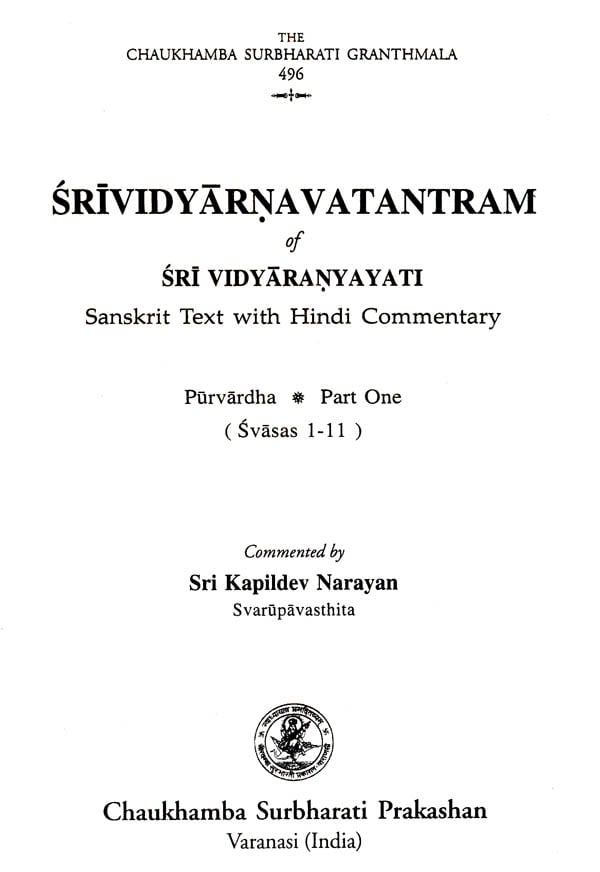
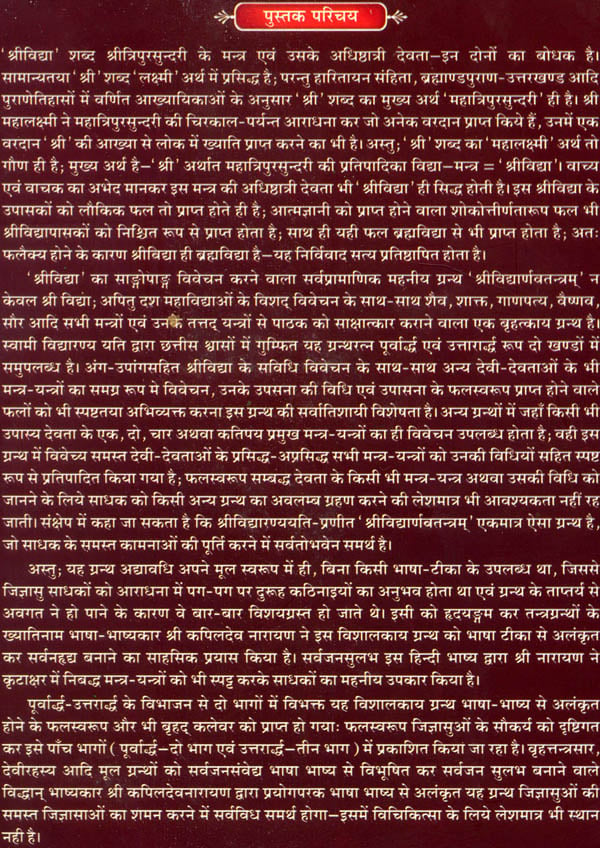
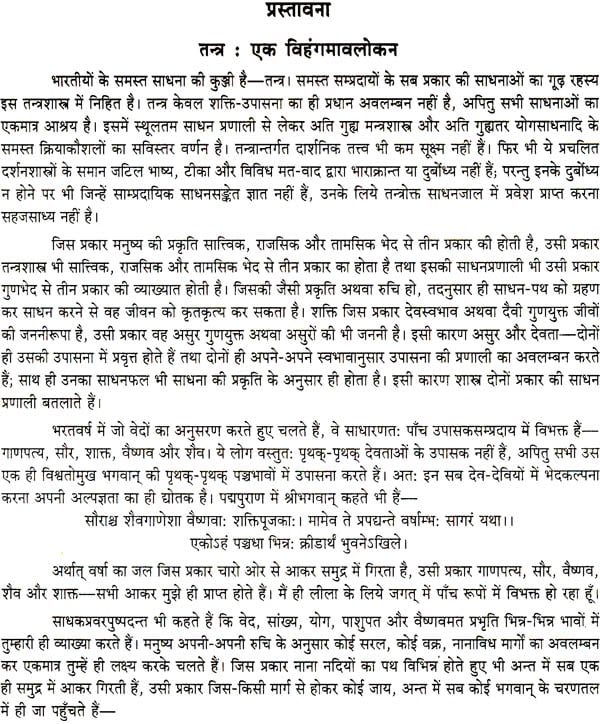
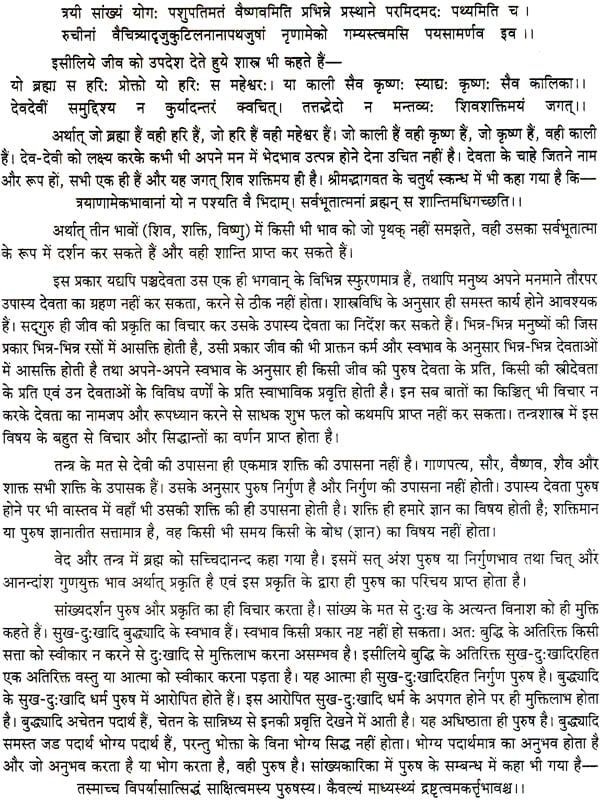
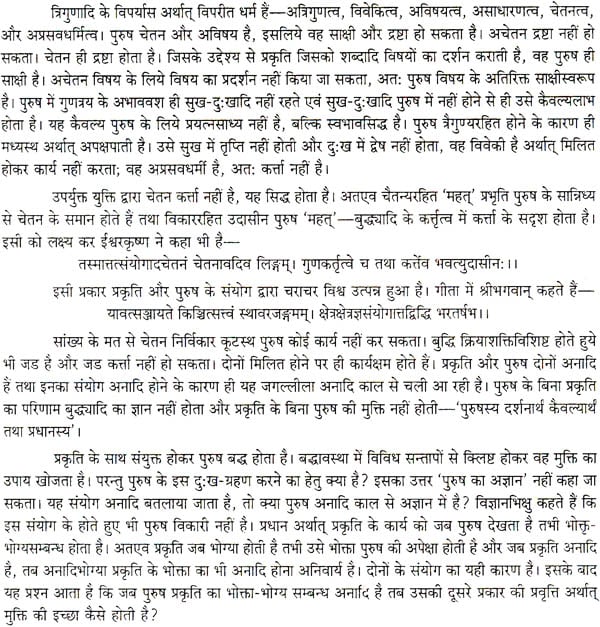
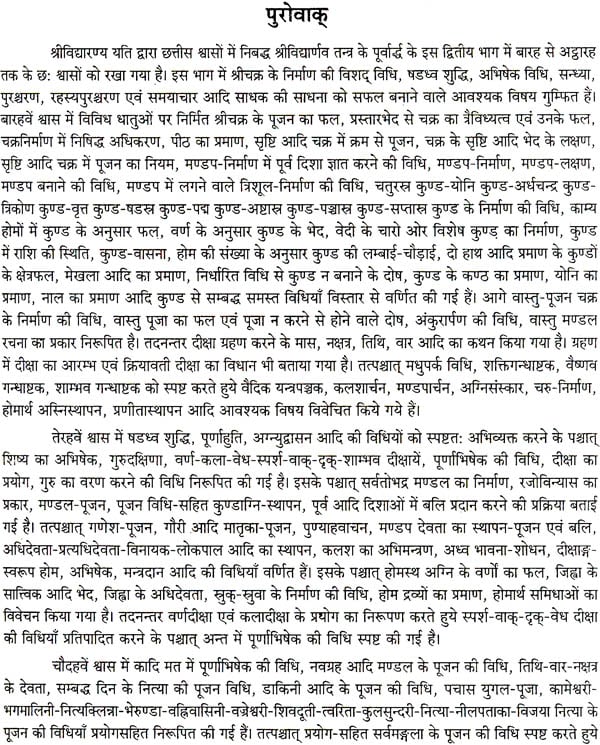
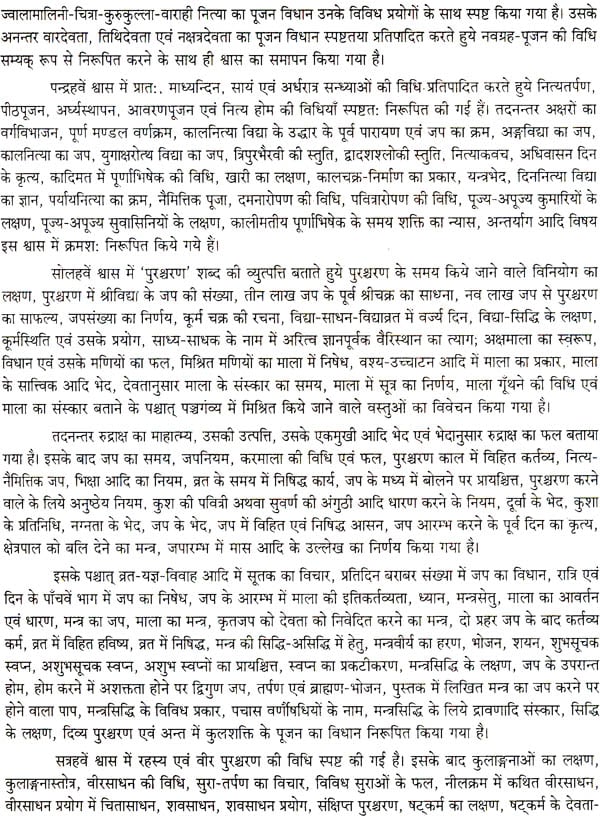
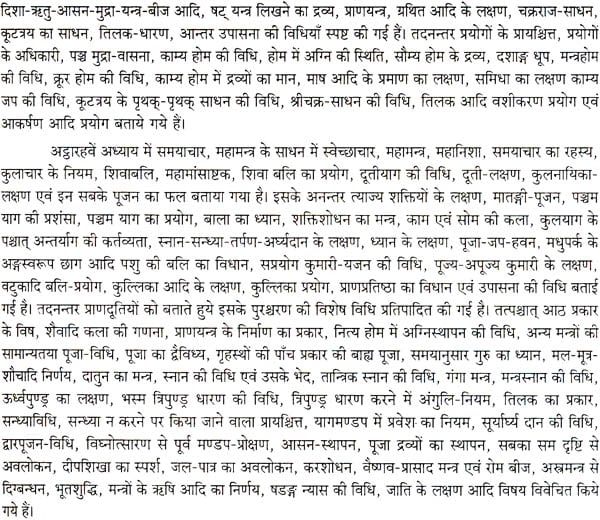
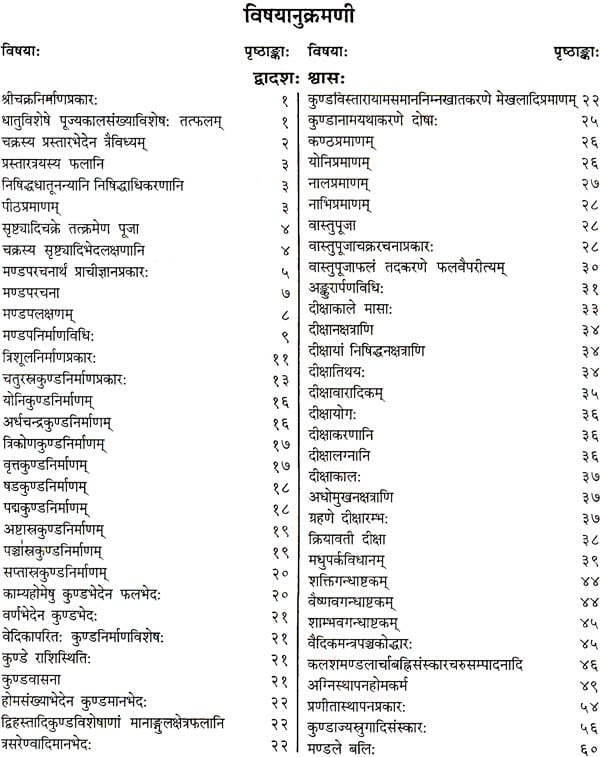
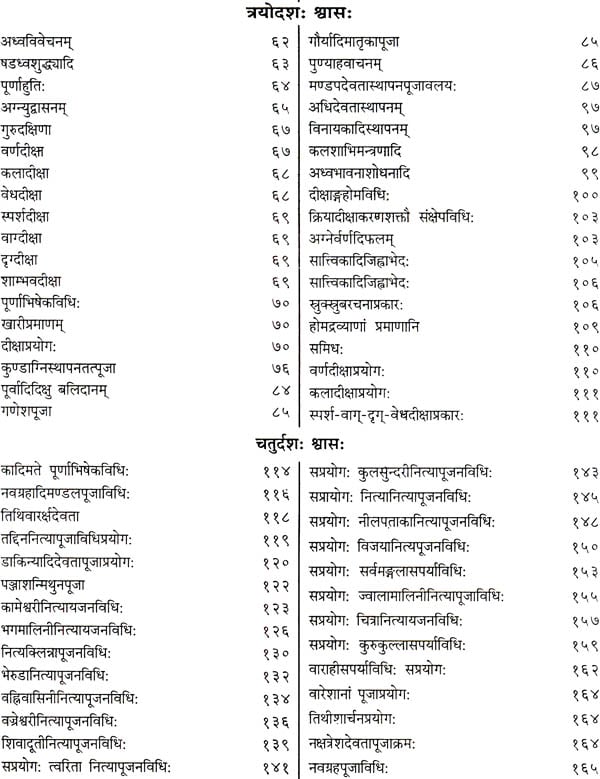
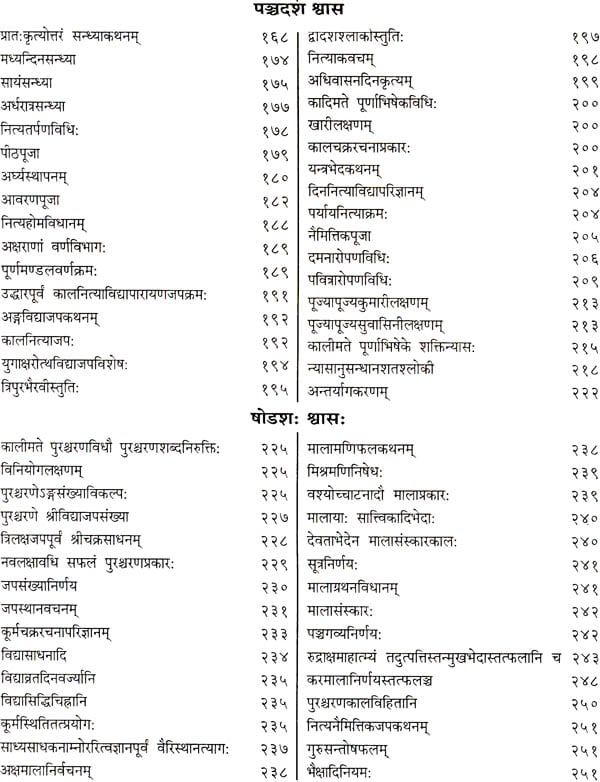
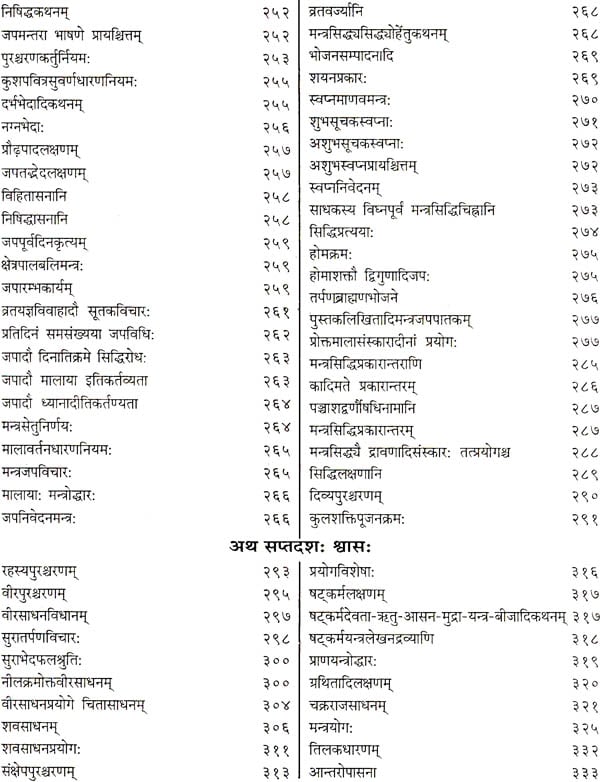
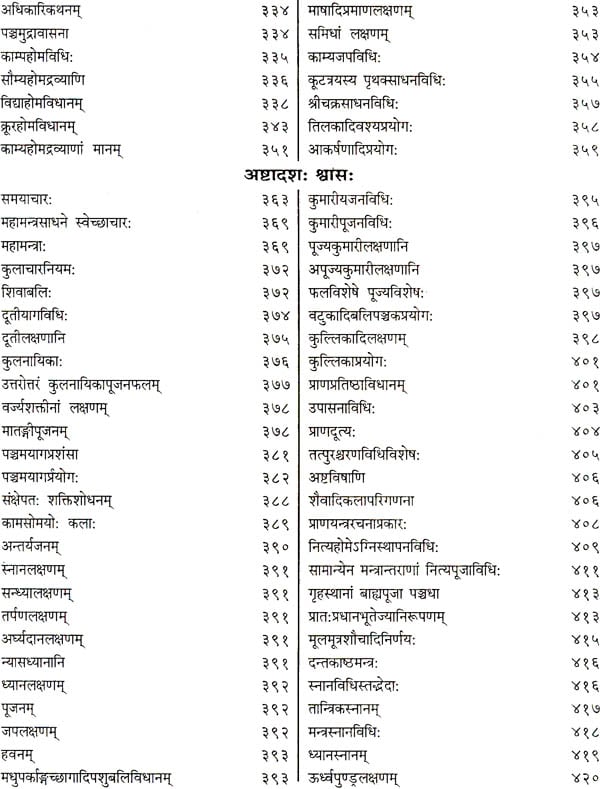
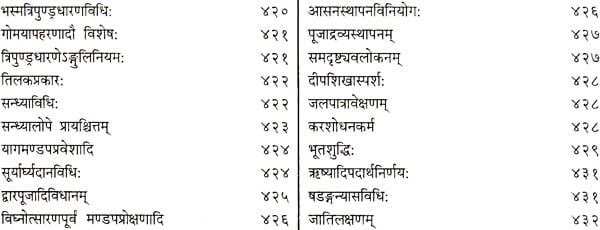
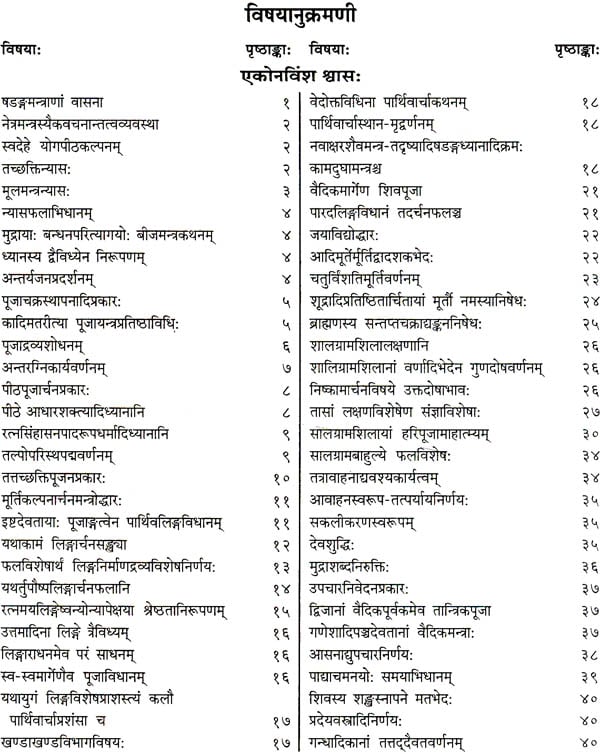
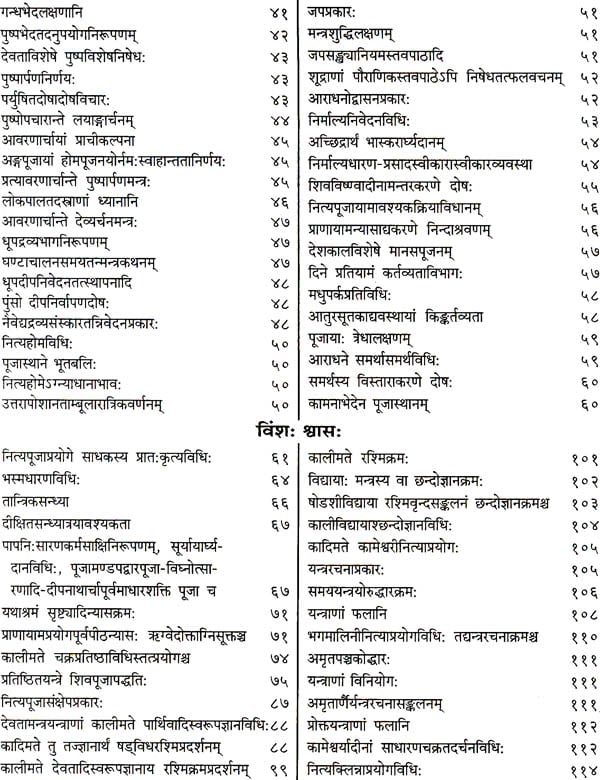
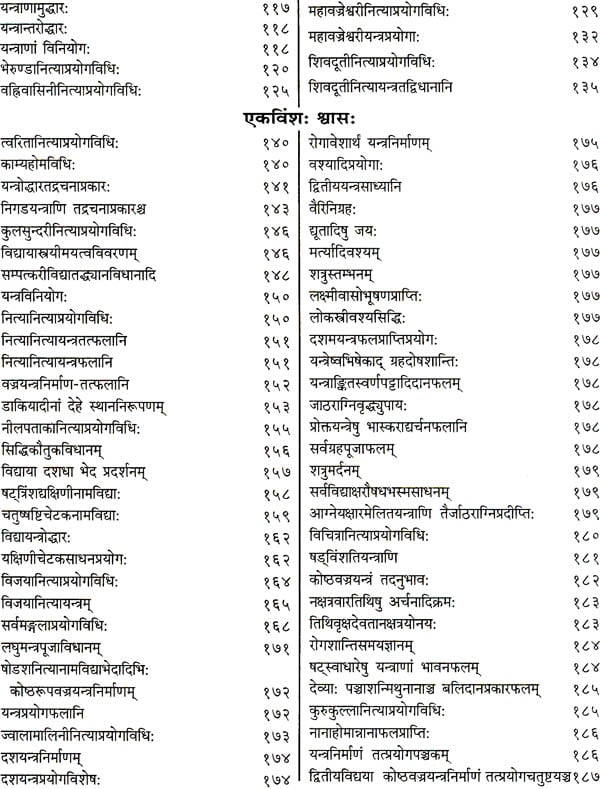
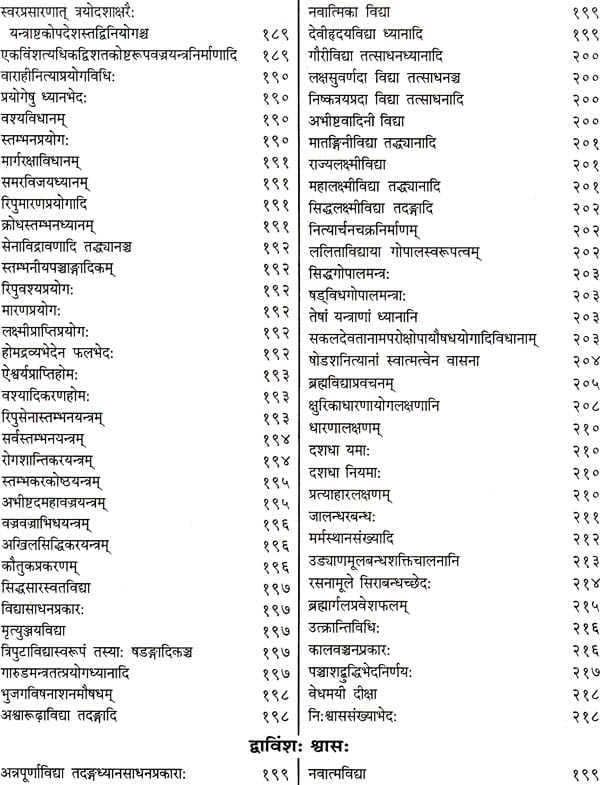
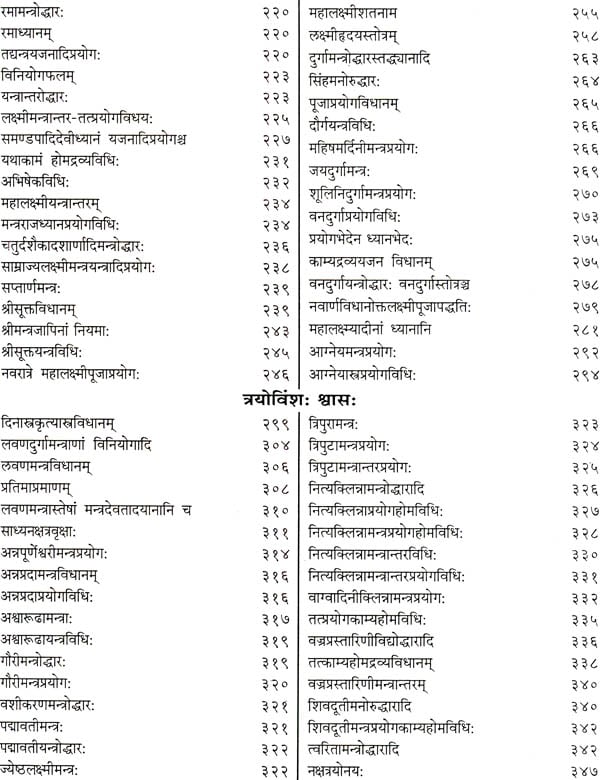
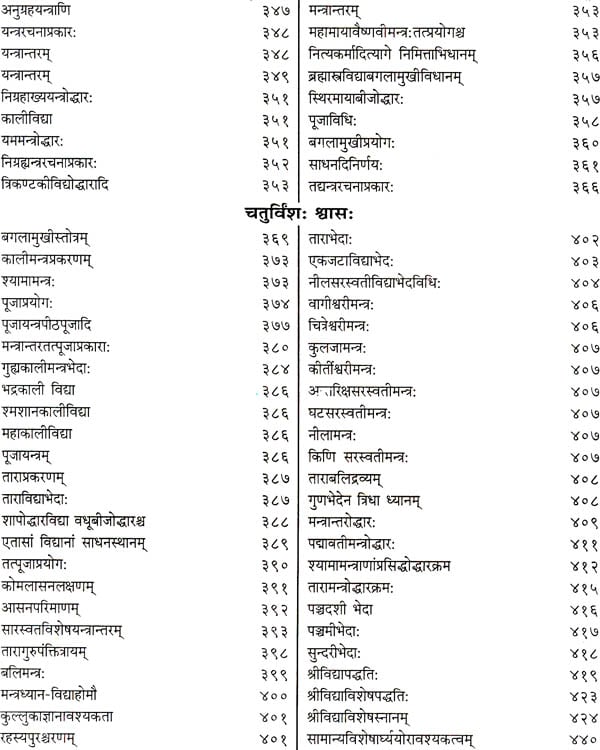
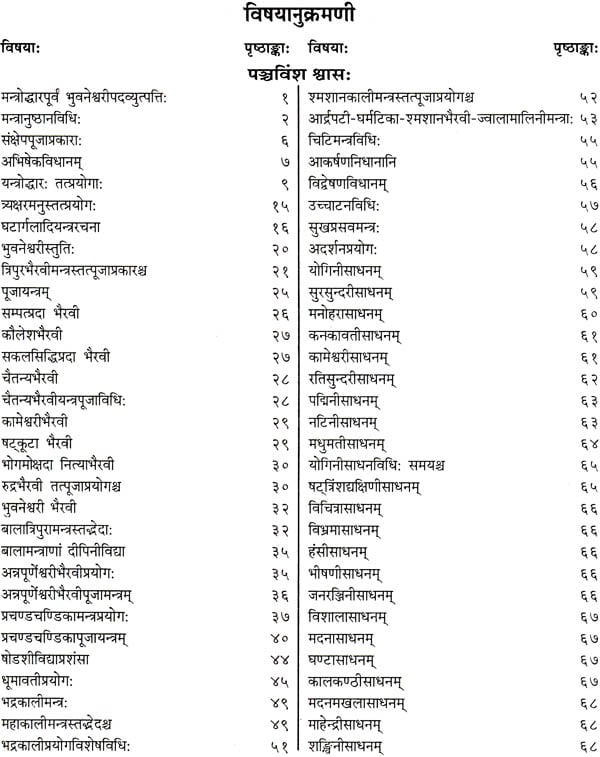
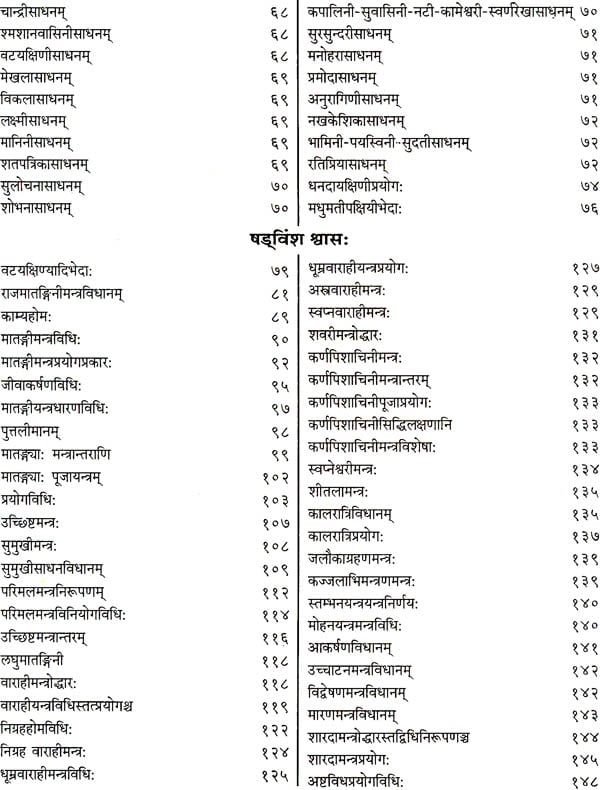
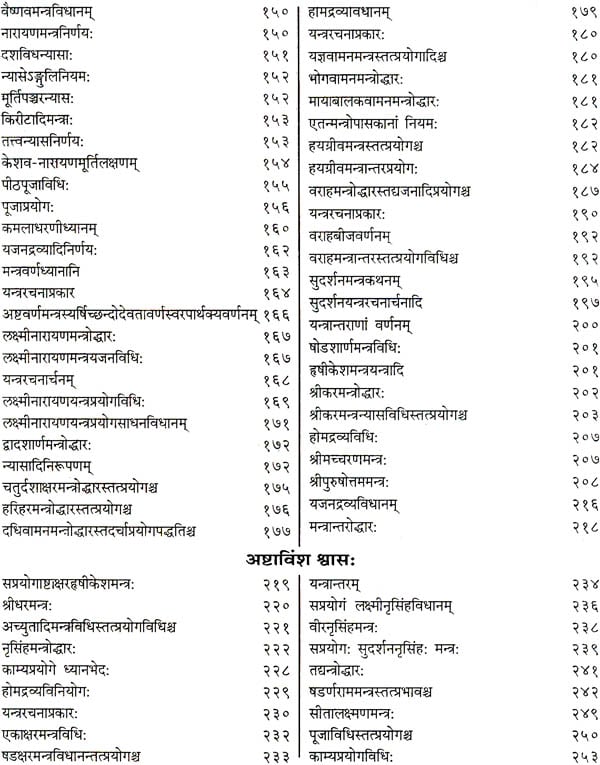
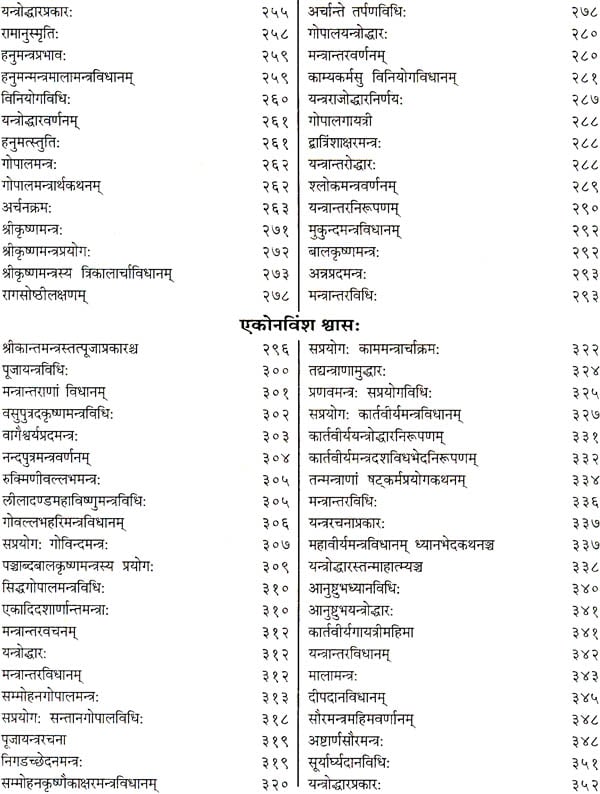
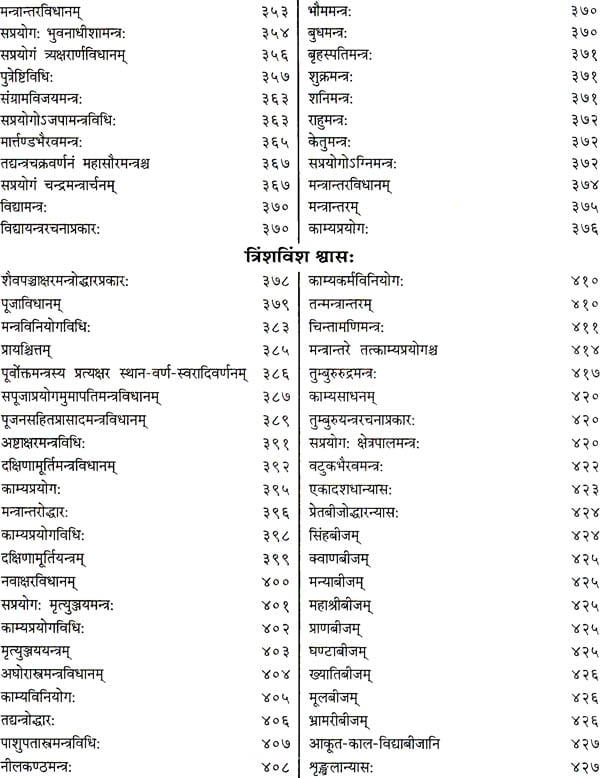

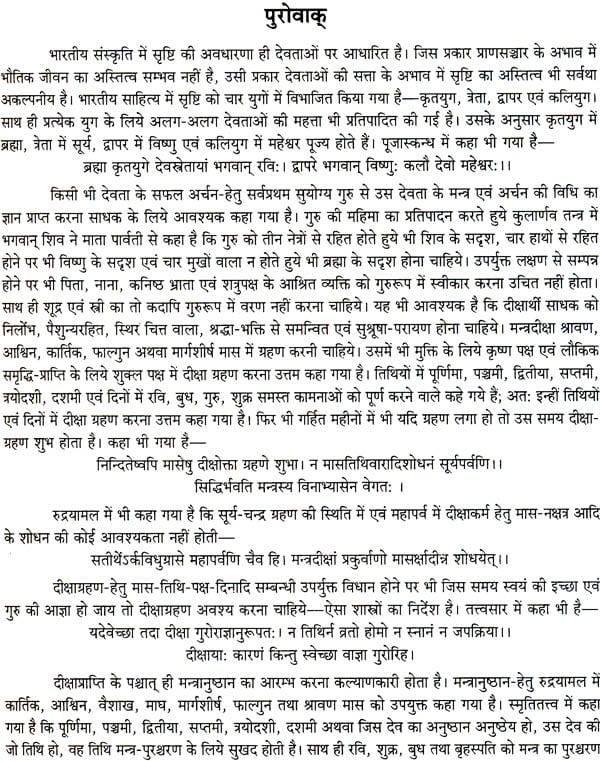
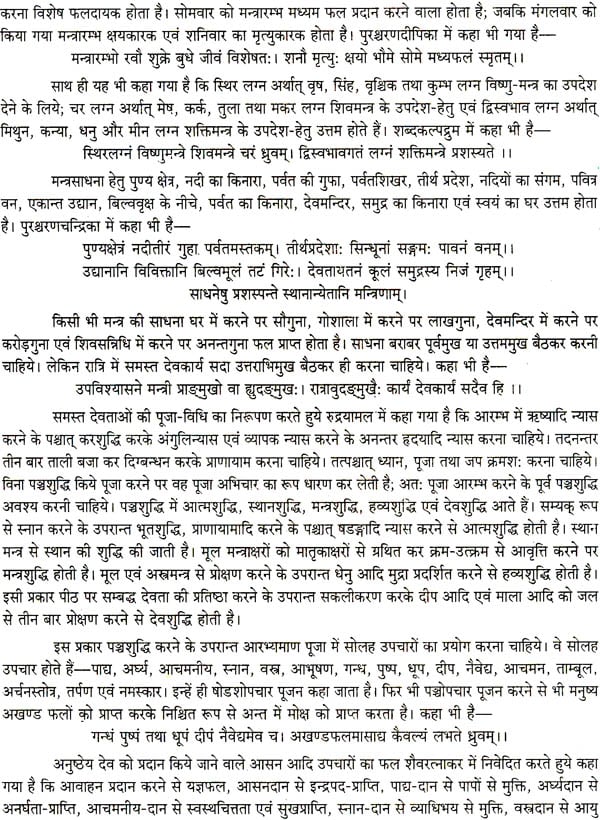
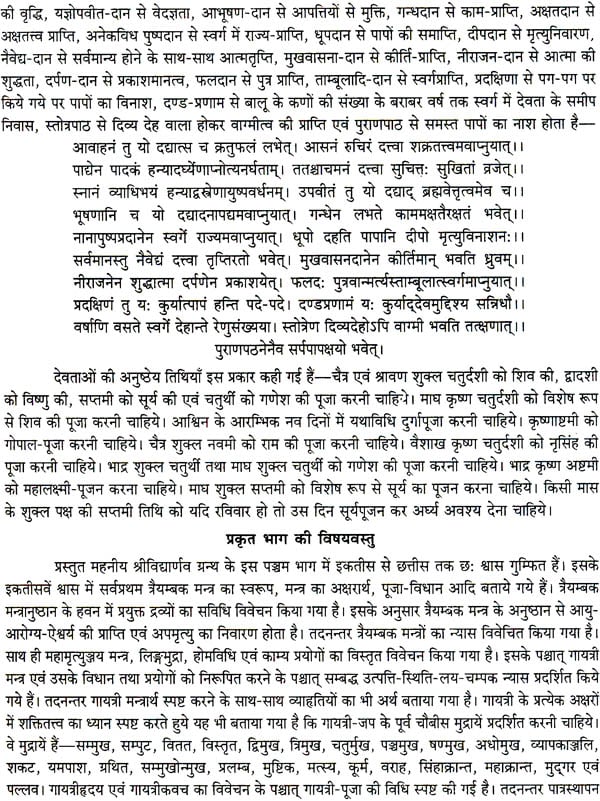
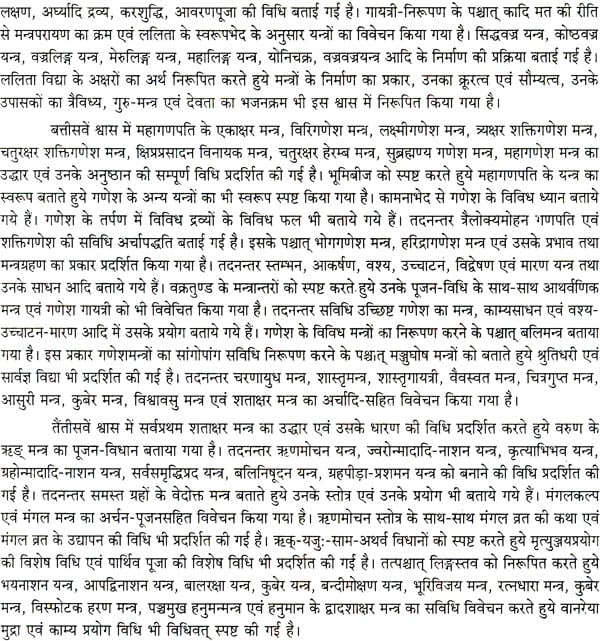
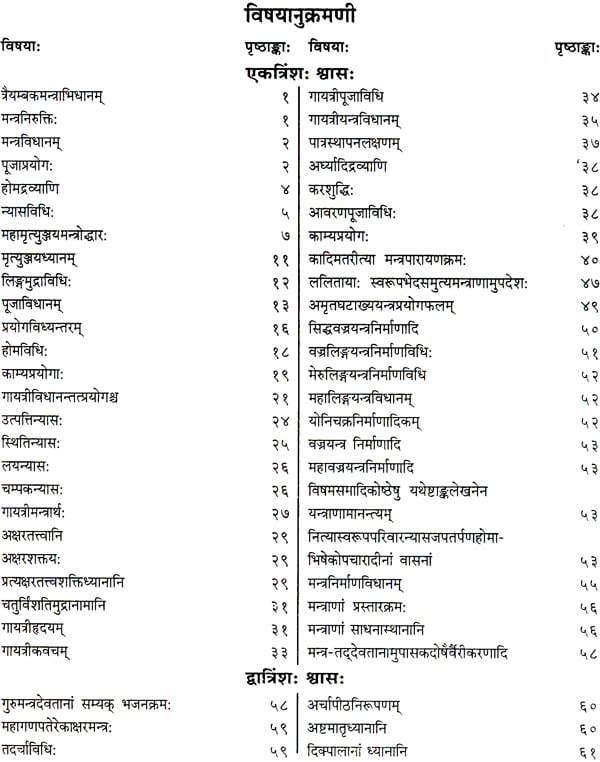
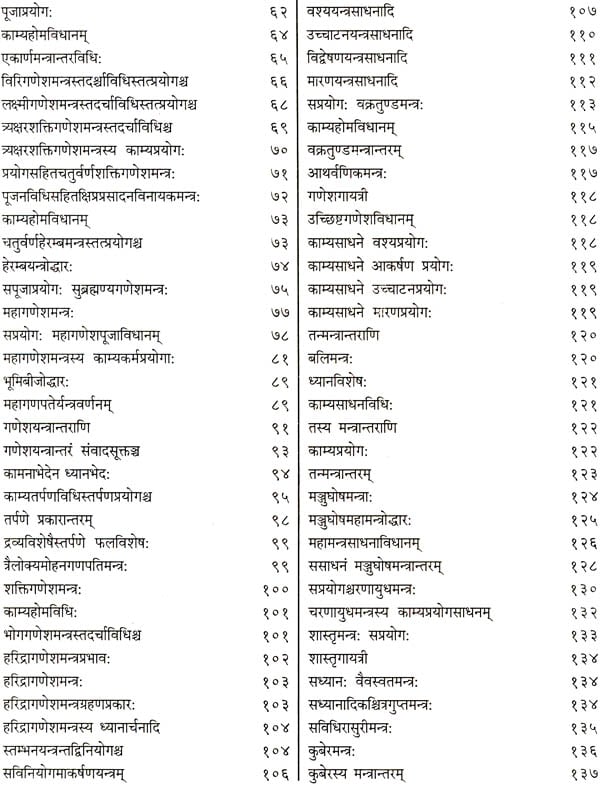
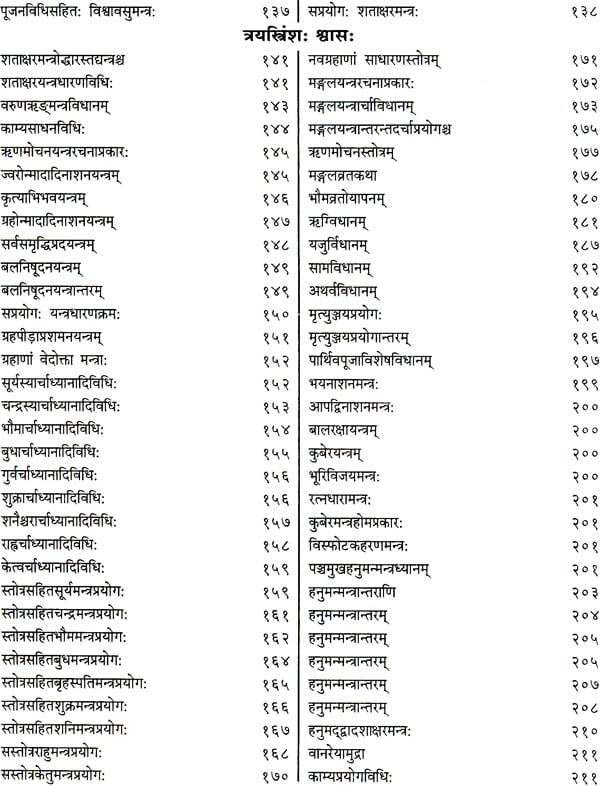
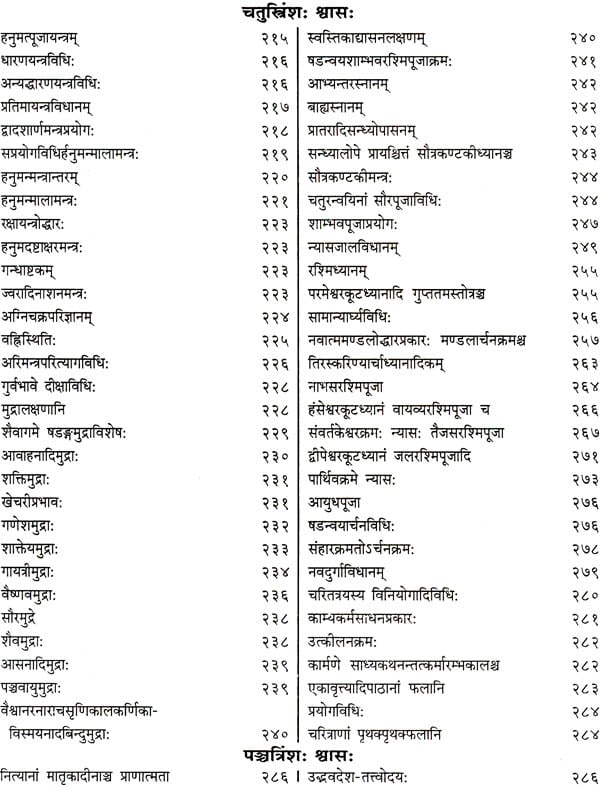
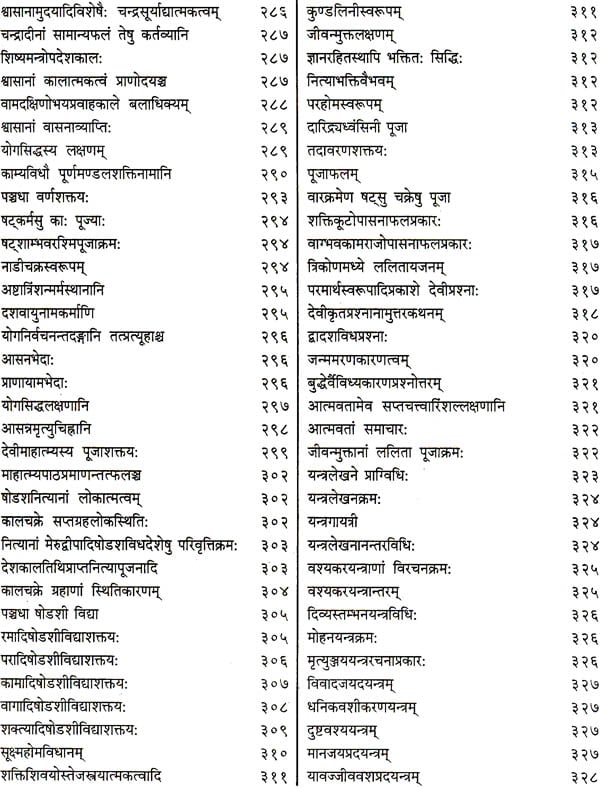
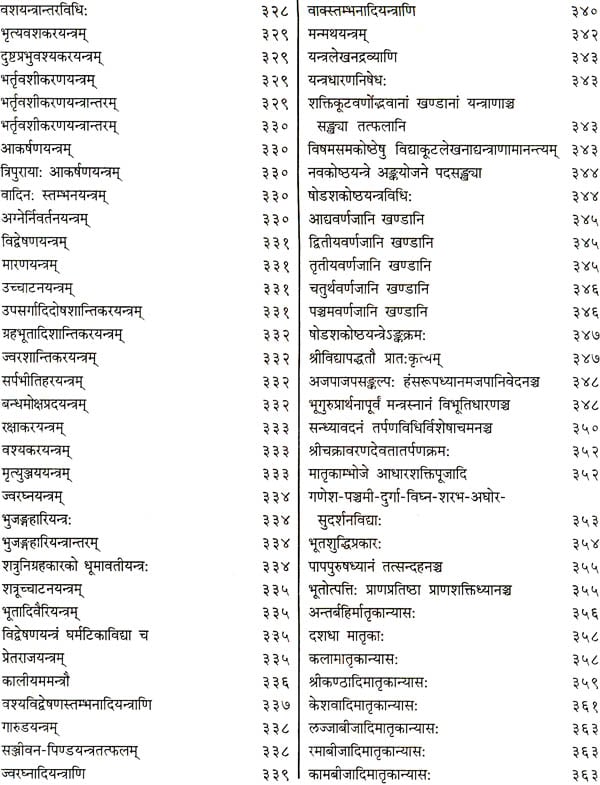
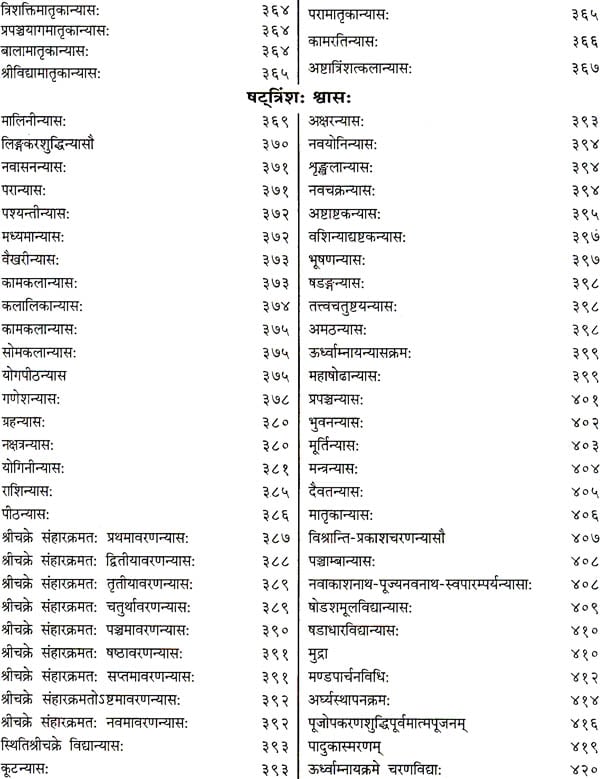
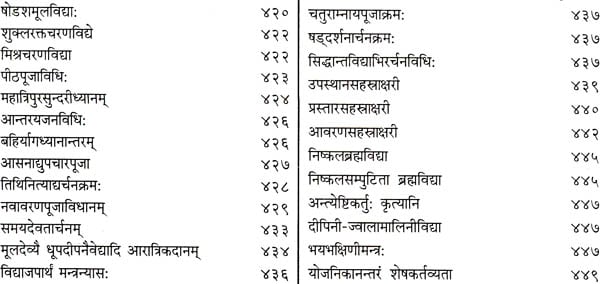
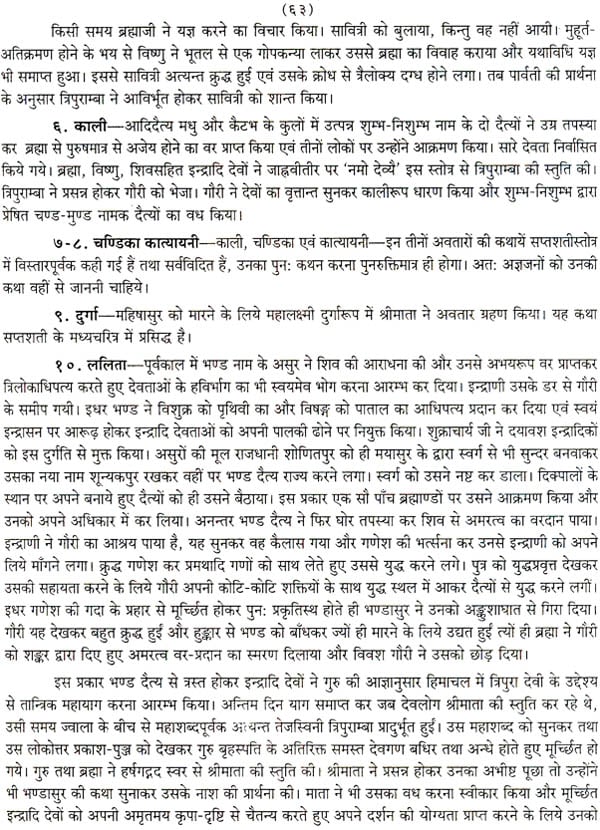
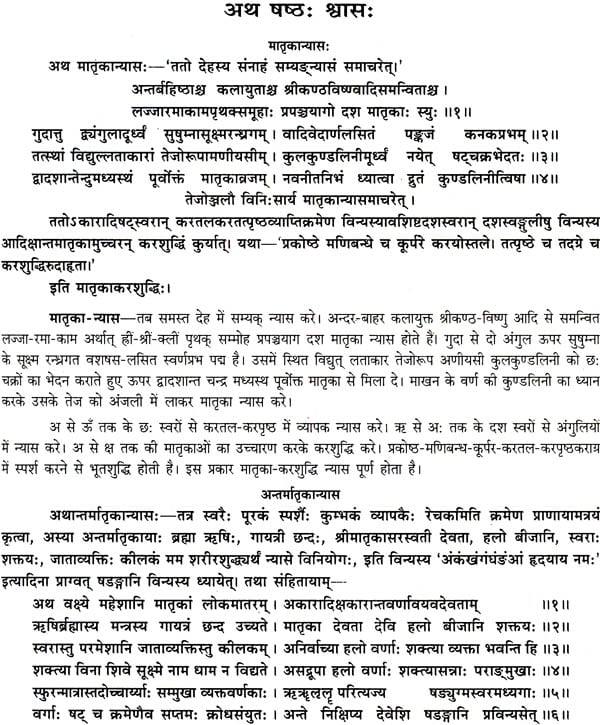
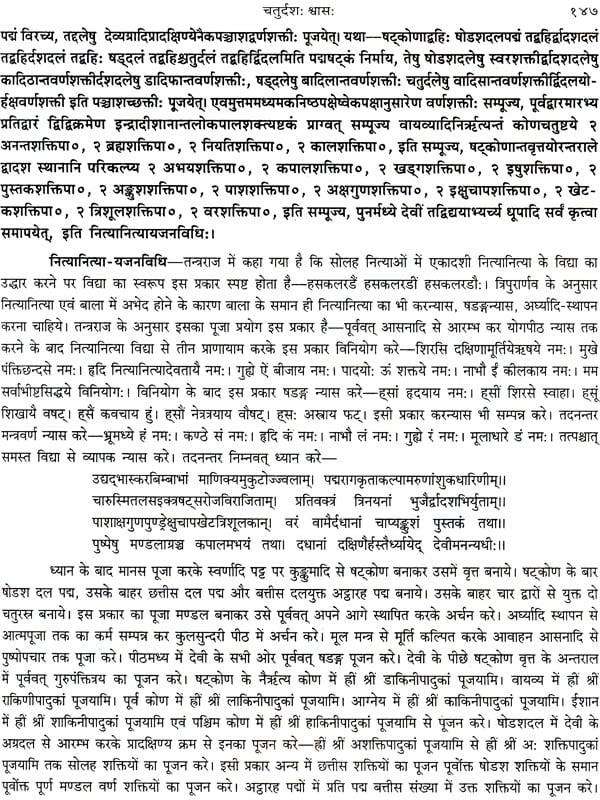
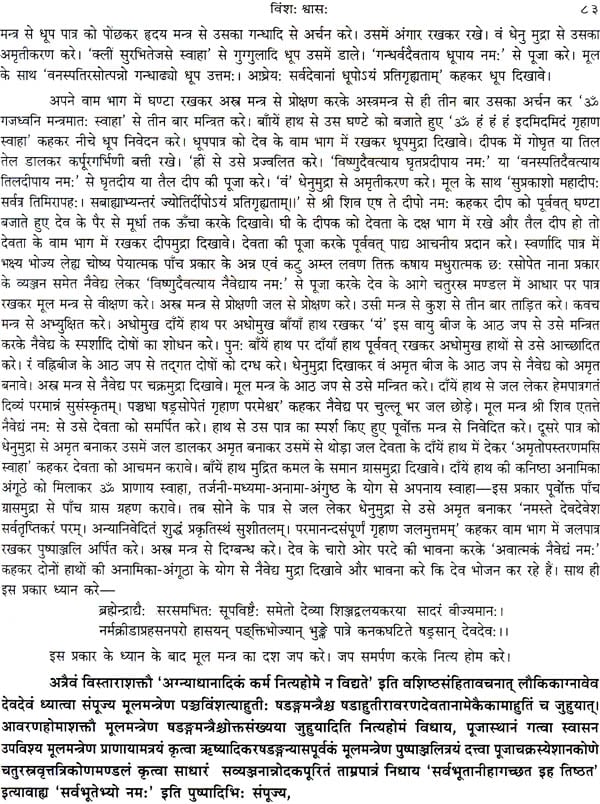
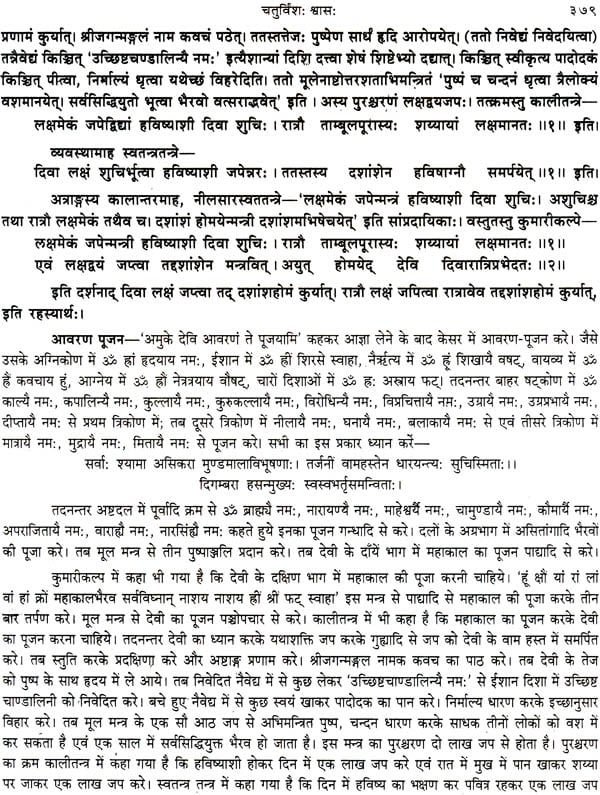
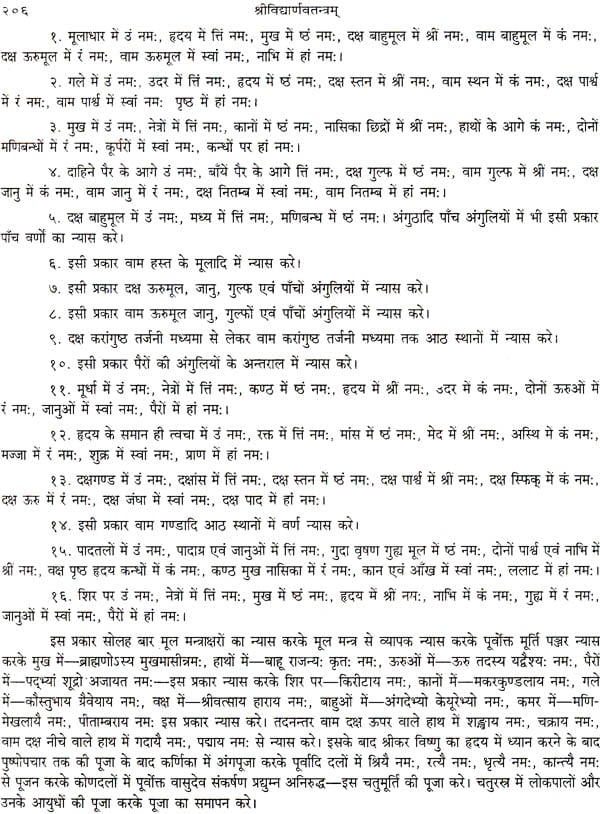
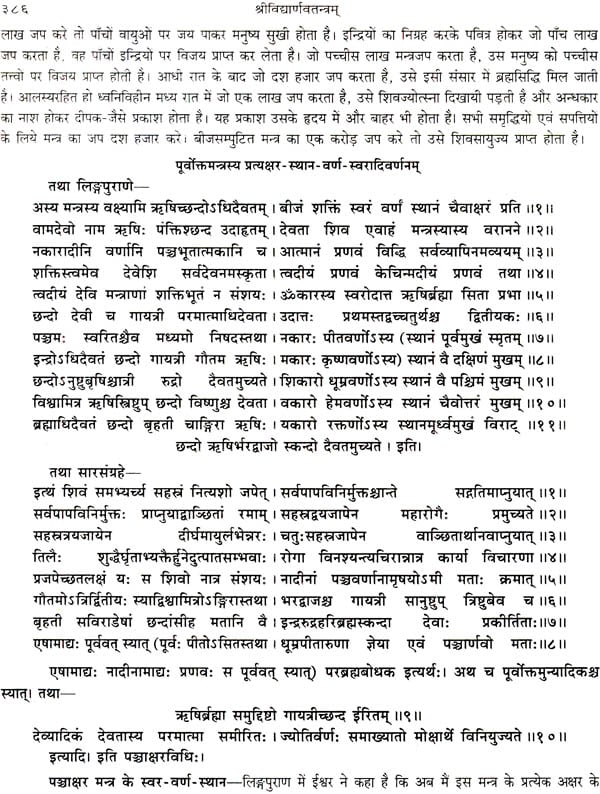
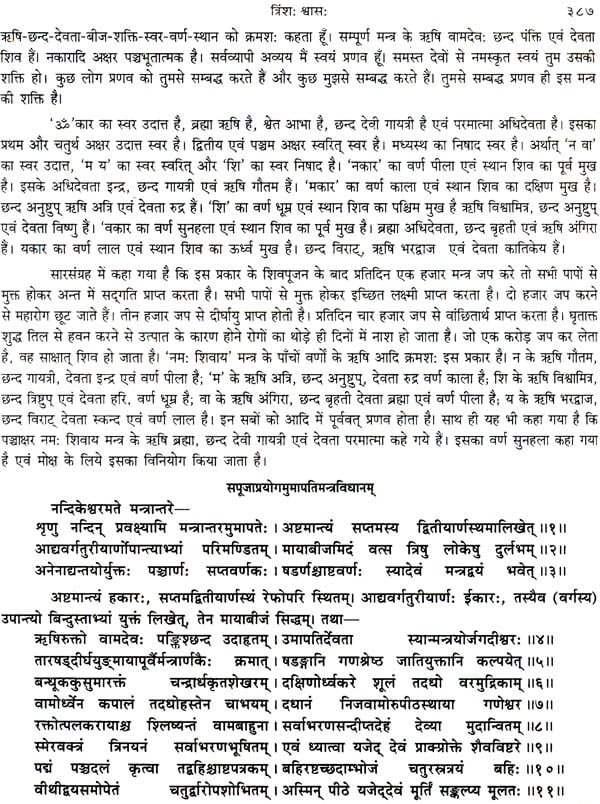
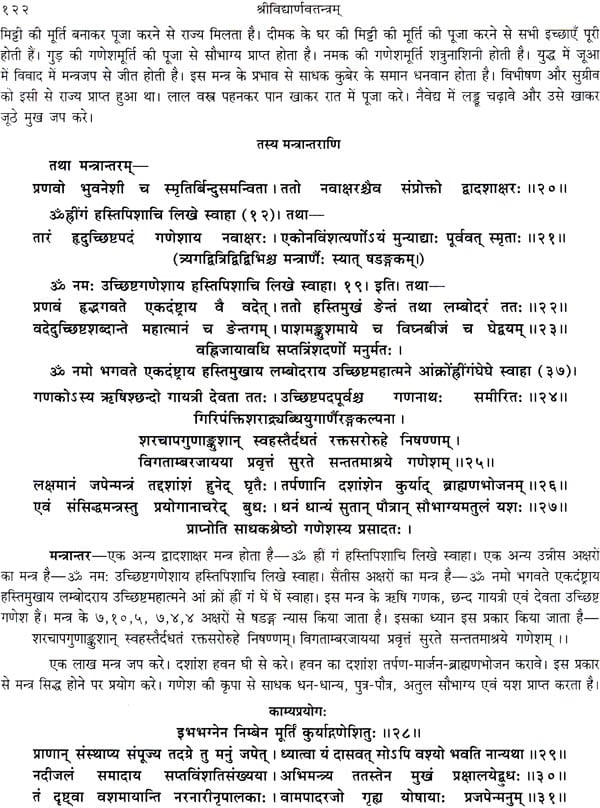
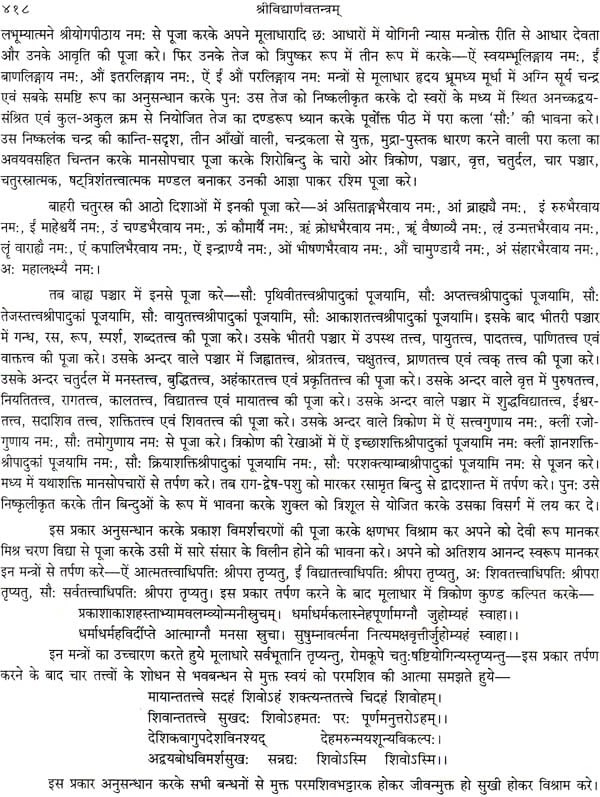
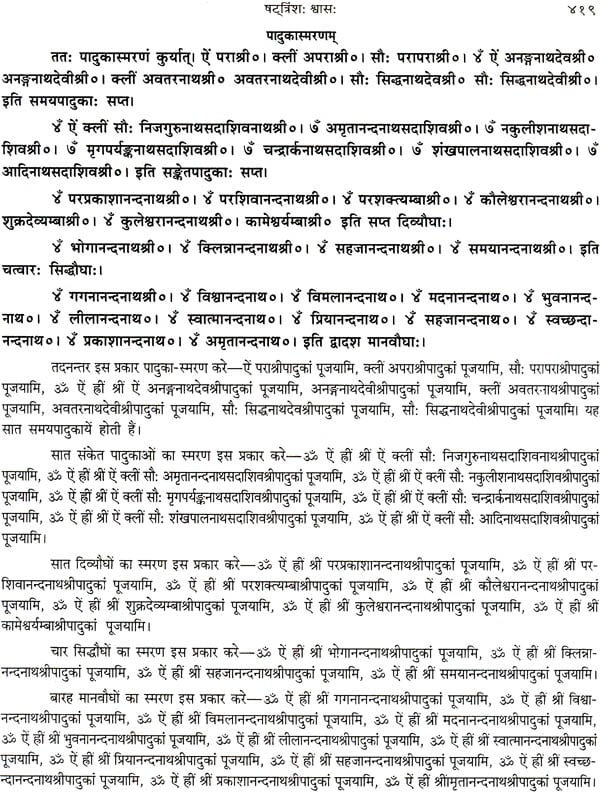



Delivery and Shipping Policy
- INTERNATIONAL SHIPPING
- Rs.1000-1100/kg
- ESTD. Delivery Time: 2-3 weeks (depending on location)
- Bubble Wrapped with Extra Padding
- NATIONAL SHIPPING
- NCR: Rs. 30/half kg
- Standard: Rs. 80/half kg
- Express shipments also available on Request
- ESTD. Delivery Time: Ranging from 1-4 days up to 7 business days (Depending on your choice of Delivery)
- TRACKING
- All orders; national or international, will be provided with a Tracking ID to check the status of their respective orders
- Depending on the Shipping Service, Tracking ID may be used on their respective tracking portals
Frequently Asked Questions (FAQs)
Domestic Shipping: 3-4 Days (after shipping)
International Shipping: 1-2 weeks (based on your location)
You will receive an email once your order has been shipped or you can email us if you didn't receive tracking details (info@mlbd.co.in)
Every book that we sell is the latest edition except all the rare books
Yes, we do provide free shipping, only on domestic orders (within India) above Rs.1500




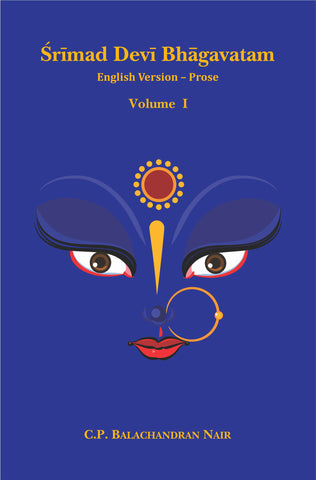
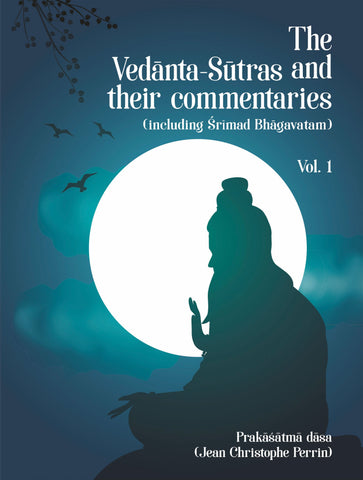
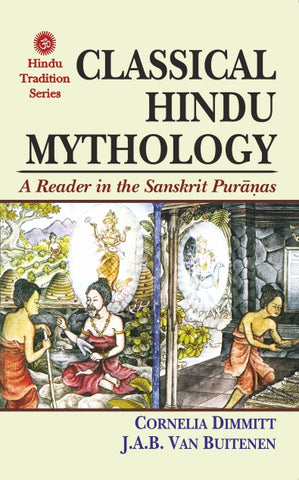
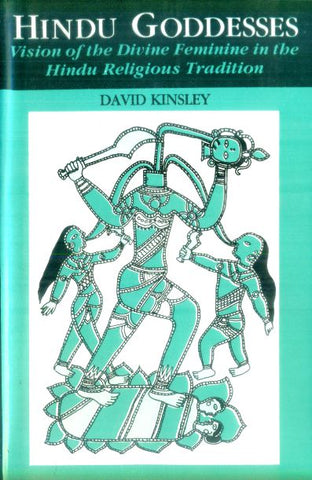
![Advaita Vedanta mein Gyan evam Bhakri : Darshnik Vimarsha [Knowledge and Devotion in Advaita Vedanta : Philosophical Discourse] by Dr. Satyakam Mishra and Dr Karan Sigh](http://www.motilalbanarsidass.com/cdn/shop/products/ADVAITAVEDANTAMEGYAN_large.jpg?v=1675408211)
